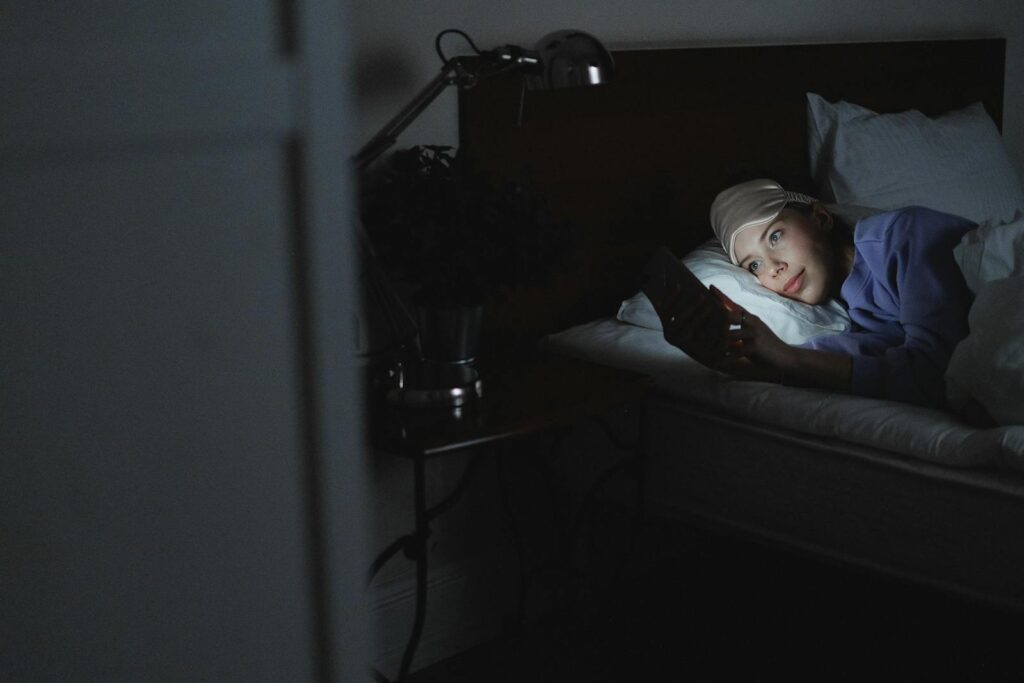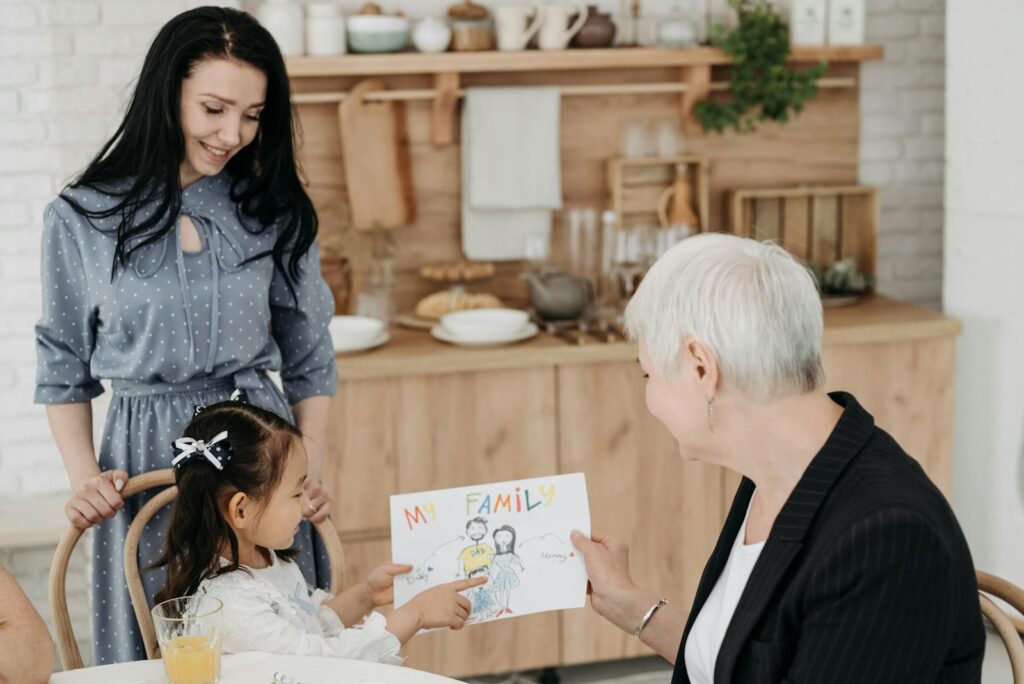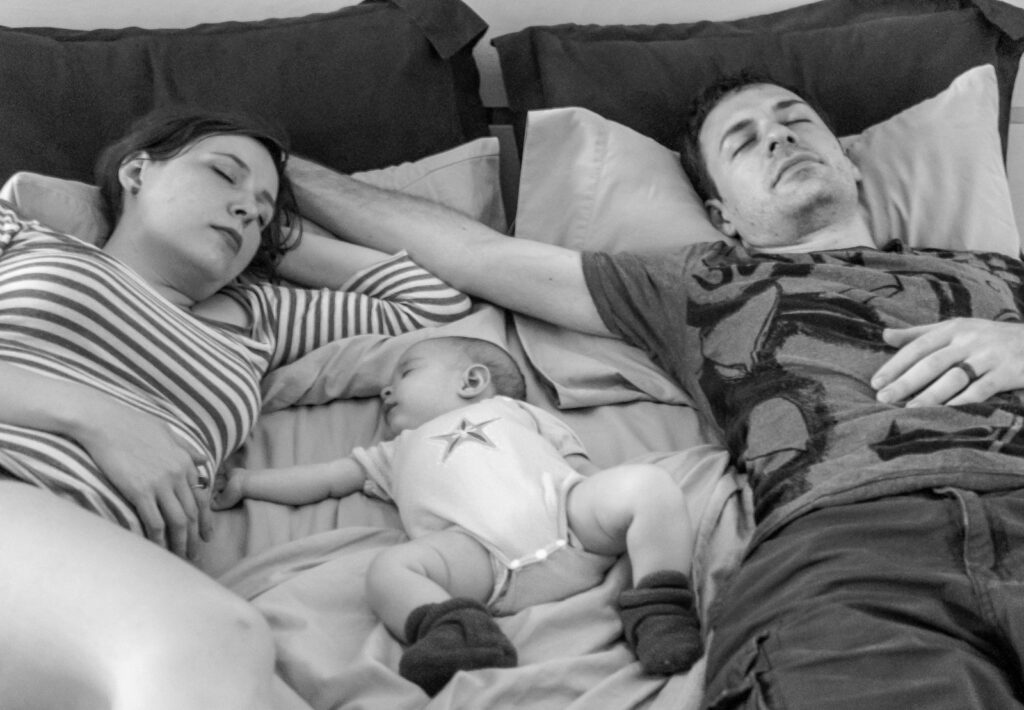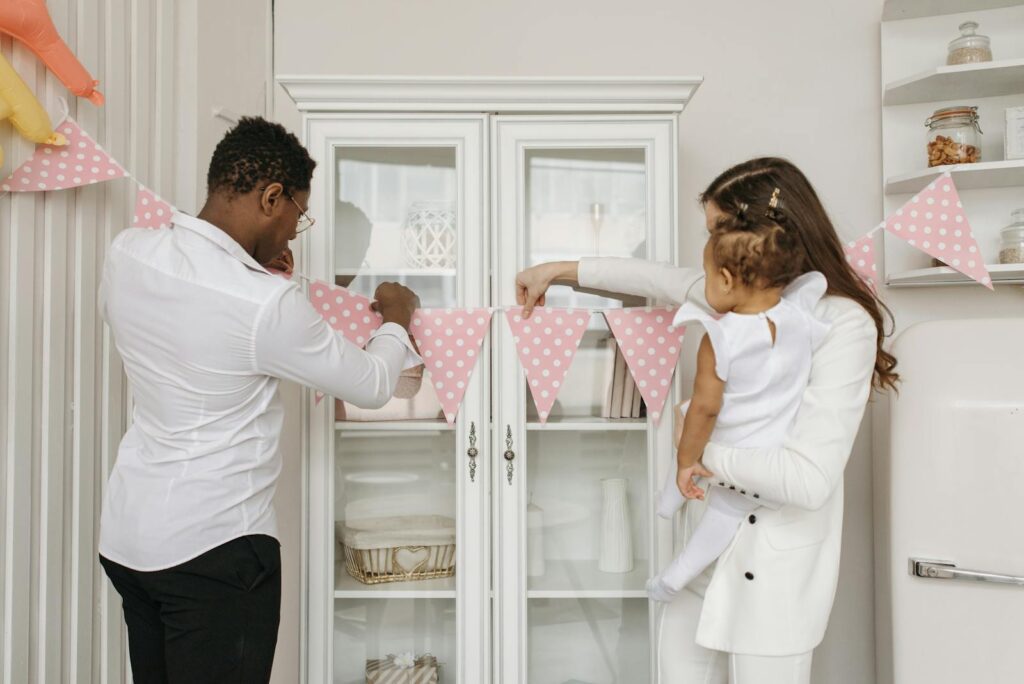If decluttering were easy, we’d all have perfectly tidy homes. Yet, for many of us, getting rid of things feels like an emotional battle. Even when we know we don’t need something, the idea of letting it go can feel overwhelming, stressful, or even guilt-inducing.
I’ve been there—holding onto items I swore I’d use someday, keeping sentimental clutter because it felt wrong to let go, or feeling guilty about wasting money on things I barely used. But the truth is, decluttering is about so much more than just “stuff.” It’s tied to our emotions, memories, and even our sense of identity.

If you’ve ever struggled to part with things, you’re not alone. Let’s talk about why decluttering is so hard—and how to finally let go with confidence.
1. We Attach Emotions to Objects
One of the biggest reasons it’s so hard to declutter is that we assign meaning to our belongings. That old concert t-shirt? It’s not just fabric—it’s a memory of a great night with friends. That chipped mug from a past vacation? It reminds us of the trip, even if we never use it.
We often believe that getting rid of an item means erasing the memory attached to it, but that’s not true. The memories don’t live in the objects; they live in us.
How to Let Go: If something holds sentimental value but is just taking up space, try:
- Taking a photo of it before letting it go.
- Keeping only the most meaningful items instead of everything.
- Finding a new home for it—donating it to someone who will use it can feel better than just tossing it.
2. We Feel Guilty About Wasted Money
Ever bought something expensive, only to realize later you never really used it? It’s tempting to hold onto those purchases because getting rid of them feels like admitting we wasted money.
But keeping something doesn’t bring your money back. The real waste is letting it take up space in your home and mind.
How to Let Go:
- Accept that the money is already spent—whether you keep the item or not.
- Consider selling it—turning it into cash can ease the guilt.
- Donate it—knowing it will help someone else can make it easier to part with.
3. “I Might Need It Someday” Thinking
We all have things we’re keeping just in case. Extra kitchen gadgets, clothes that don’t fit, random cords from electronics we no longer own—because what if we need them later?
The reality? Most of the time, we don’t. And even if we do, we’ll probably forget we have it or won’t be able to find it when we need it.
How to Let Go:
- Set a time limit—if you haven’t used it in a year, let it go.
- Ask yourself: If I got rid of this and needed it later, what would I do? If the answer is buy another one, and it’s cheap or replaceable, you can let it go.
- Recognize that freeing up space is often more valuable than keeping things “just in case.”
4. Decluttering Feels Overwhelming
Sometimes, it’s not emotional attachment—it’s not knowing where to start. A cluttered space can feel paralyzing, making it easier to put off the task than to tackle it head-on.
How to Let Go:
- Start small—one drawer, one shelf, or one category at a time.
- Use the “Four-Box Method”—one for trash, one for donations, one for keeping, one for things to relocate.
- Set a timer—even 15 minutes of decluttering can make a difference.
Once you get momentum, decluttering becomes easier.
5. We Feel Responsible for Gifts We’ve Received
Ever kept a gift you don’t love because you feel bad getting rid of it? It’s common to hold onto things out of obligation, even if they don’t serve us.
But here’s the truth: Once a gift is given, it’s yours to do what you want with it. The person gave it to you to make you happy—not to create clutter in your home.
How to Let Go:
- Remind yourself that gifts are about the act of giving, not the object itself.
- If you don’t use it, let it go guilt-free—someone else might love it more.
- If you feel bad, write a thank-you note or take a picture before donating.
6. We Struggle with Our Identity and Aspirations
Many of us keep things for the person we want to be. Maybe you have craft supplies for hobbies you never actually do, clothes that don’t fit but you hope to wear again, or books you think you should read.
But holding onto these things can actually weigh us down, making us feel guilty or like we’re failing to be the person we imagined.
How to Let Go:
- Ask yourself: Do I actually use this, or do I just like the idea of it?
- Keep only what aligns with who you are now—not who you think you should be.
- Freeing yourself from clutter creates space for the life you truly want.
7. Decluttering Brings Up Emotional Baggage
Sometimes, decluttering isn’t just about stuff—it’s about what the stuff represents. Going through old belongings can stir up memories, regrets, or even grief. This is why decluttering after a big life change (like a divorce or the loss of a loved one) can feel so difficult.
How to Let Go:
- Take your time—you don’t have to get rid of everything at once.
- Set aside a “memory box” for truly meaningful keepsakes.
- Remind yourself that letting go of objects doesn’t mean letting go of love or memories.
Decluttering can be emotional, but it can also be healing.
Final Thoughts
Decluttering isn’t just about tidying up—it’s about learning to let go of what no longer serves us. Whether it’s emotional attachments, guilt, or the fear of “what if,” understanding why we hold onto things can help us move forward.
If you’ve struggled with decluttering, know that you’re not alone. The more you practice letting go, the easier it becomes—and the more space you create for the things that truly matter.
Have you ever had a hard time letting go of something? What’s been the biggest decluttering challenge for you? I’d love to hear your thoughts!













